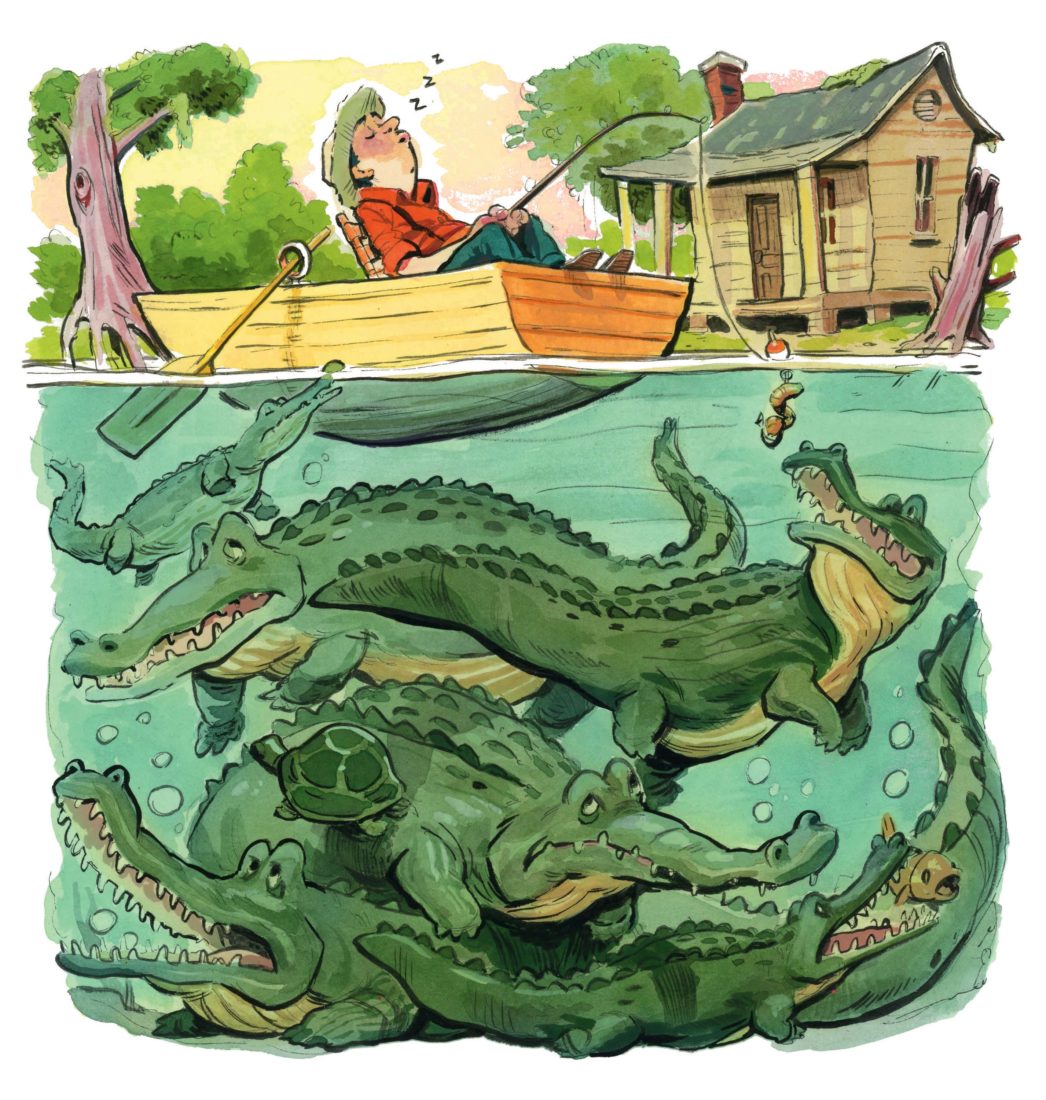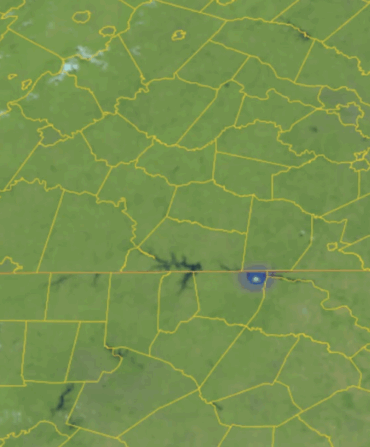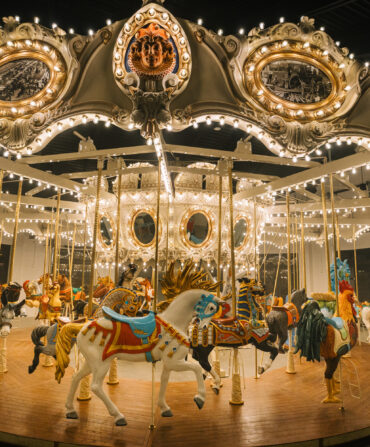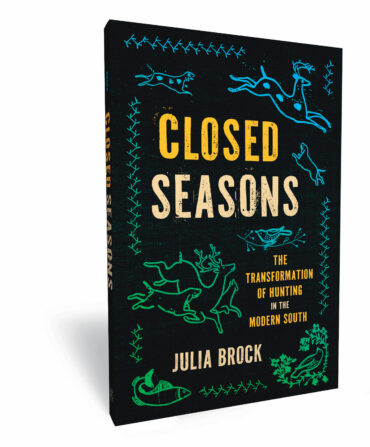Took a house on a bayou off Mobile Bay. What’s my gator problem?
Can you run on water faster than a dolphin can swim, twenty miles per hour or better? No matter how you get permission from gravity to do it—lifelong prayer, a passing ski boat, suprahuman adrenaline—a peckish Alligator mississippiensis swims that fast. So, when you’re cornered on your morning dip, your best hope is to hydroplane at greater than a dolphin’s velocity. En route, please channel your inner gazelle by springing five or six feet above the water occasionally, since that’s how high gators lunge to snag low-lying prey. This’ll sound counterintuitive, but consider patronizing a local philharmonic. During the summer rut, male gators respond to a B-flat played two octaves below middle C on a tuba, as proven by Florida Orchestra tuba maestro Bill Mickelsen. That low B-flat makes the alpha boys wallow and wail, dreaming of a romp with frisky alligator ladies, which can distract them from chewing your guests’ legs off or popping out to grab your dog. For dockside cocktail dos, you’ll want several tuba players and a box of noise-canceling headphones. Shout-out to my tuba-virtuoso cousin, William Counce: Sail that fine boat down to Mobile, tout de suite! You can rake in a cool million playing the bayous as the pied piper who lulls them into a broody dinosaur-esque nirvana.
How did the Tennessee walking horse come to be?
A salute to the silky-smooth Cadillac ride of the Mid-South. Legend has it that in the 1790s, some enterprising Tennessee breeders crossed Kentucky pacers with some Spanish mustangs out of Texas. The breed book lists the first sire as Black Allan, foaled in 1886, who, by his own ornery self, would not be harnessed to a carriage. He wanted to pace, foreshadowing the three gaits, including the running walk, that Tennessee walkers developed. Now the breed splits along training lines that starkly divide the easy-gaited pleasure horses from the performance animals, among whom the dark side of the breed’s history lies. In the 1950s, trainers began stressing show walkers’ front legs with the “soring” process, as in, literally, to make sore. Specifically, they strapped on chains and/or applied chemical irritants to the walkers’ front ankles so that, to resolve the irritation, the horses would achieve what show judges call the Big Lick, that high, prancing, dressage-like step-out characteristic of walkers. In 1970, Congress aimed the Horse Protection Act at interdicting this mistreatment. Illegal soring still exists, and highly stacked front shoes are still used, but investigators have grown more polished at tracking scofflaws. Bottom line: Tennessee walkers are an athletic, spirited, distinctly Southern breed. They don’t deserve to suffer at the hands of any two-legged deceiver.
Is it just me, or does the South have more, better birds than everywhere else?
We do. Three of the four North and South American flyways converge here. Working west to east, the Central Flyway runs from the Canadian Midwest’s arctic to Texas and beyond. The Mississippi Flyway feeds the central Deep South, springing over the Gulf of Mexico to the Yucatán on down. The Atlantic Flyway serves species heading to and from South America through the Caribbean. Rufa red knots, arguably the hardiest Atlantic denizens, clock a mind-bending 9,300-mile spring trek from the tip of Chile to the Canadian Arctic, during which they gorge on sea worms and horseshoe crab eggs at landfall in Georgia, South Carolina, and on up. In autumn, they reverse the trip. The South’s three flyways compose an immense airborne transfer system, perhaps better imagined as a parallel cosmos that avian civilizations have attached to hospitable points in our region. One scientifically renowned Atlantic-side commuter, a rufa red knot tagged B95, ran up 400,000 miles in twenty years pounding the length of the planet. Since that’s 160,000 miles farther than to the moon, ornithologists called him the Moonbird. We’re obliged to be good hosts for travelers like him.








